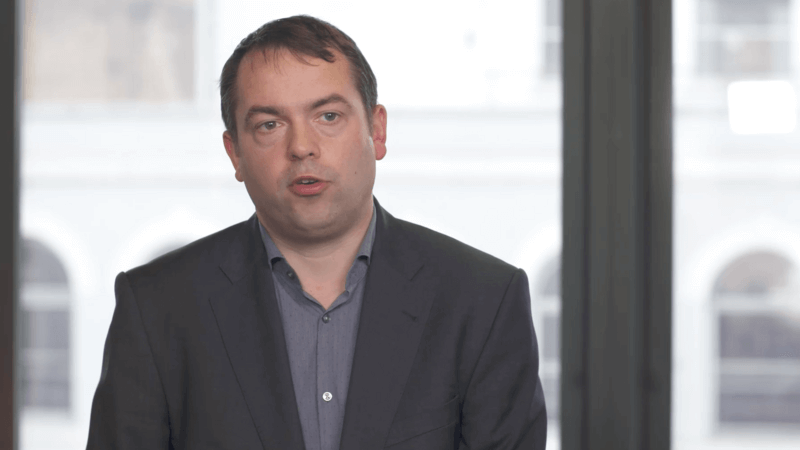
Oxfam
Transcript
Details
Michael Duggan: Oxfam was founded in 1942 as the Oxford Famine Relief Organization. Our mission is to solve world poverty and to address injustice and human rights where they may arise.
Michael Duggan: Oxfam is a confederation of 20 members. We have over 8,500 employees and 72,000 volunteers spread across 92 countries. And it was necessary to identify a solution that could tie all of our employees, our colleagues, volunteers, consultants together. As part of this, we've started to deliver global IT shared services called, Oxfam International. Delivering a stack of solutions such as, Box to do file sharing. Workplace to enable collaboration and Compass, which is our global internet.
Michael Duggan: A critical enabler of that is identity. In our sector, we handle very, very sensitive information for our program participants. It's really, really vital for us to understand the identity of people that are accessing our information. In a world where 90% of all security threats are actually, internal and tend to come from employees or those that have been given access to our systems. We need to have a very strong identity management solution that we understand who's accessing what, when and how.
Grant Picard: The challenge for us was how could get people connecting with a single user name and a single password? But be able to onboard them easily. And also to de-provision their account when they left the organization.
Grant Picard: The requirement for us was something that would allow us to easily connect 17 independent directories to a central identity management source and it needed to work with our current active directory environment and out-processes. There are a small handful of products that were supported by Box already. Okta had native integrations with Box and something that we thought we could get up and running with quite quickly. And, Okta was the one that stood out for us, so that's where our journey with Okta really started.
Grant Picard: Our implementation of Okta started off with 90 users in South Africa. We then started with deploying Okta to 17 unconnected active directories across the confederation to enable 2,000 users access to Box. We were then able to go to scale from 2,000 users to 8,000 users very quickly, with little change required.
Grant Picard: This is the first time in Oxfam's history that we've been able to provide services to staff. Doesn't matter if geographical organizational boundaries. The best part about Okta for us is that we can very easily provision and de-provision user accounts, both into Okta and to the established services. So, an end to end process, it really reduces our overhead while it's maintaining our security to our applications and services as well.
Michael Duggan: Our current focus is being on an operationally effective Oxfam. The future for us will to be create a digital Oxfam. A digital identity for every one of our program participants, 72,000 volunteers, 5,800 partners, the millions of supporters and donors. And most importantly, the 25 million program beneficiaries.
Oxfam creates lasting solutions for hunger, poverty and social injustice with over 8,000 employees and 72,000 volunteers in 92 countries globally. Okta plays an instrumental role in delivering seamless, secure access to Oxfam’s stack of solutions that tie all 20 affiliate organizations together with the goal to provide a digital identity to every one of Oxfam program participants.
